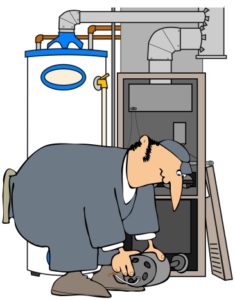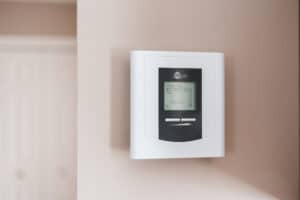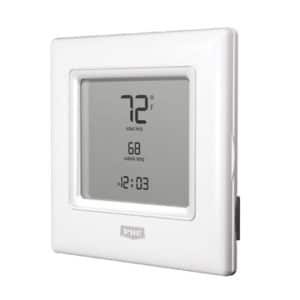
How Can You Control Your Business HVAC Costs?
HVAC costs can be a huge expense for businesses and large facilities, but there are many no-cost and low cost ways to increase HVAC efficiency and lower your energy bills. Some may require a bit of effort, but all of them should help you to save money in the long run. Ways To Control Your HVAC Costs Programmable Thermostats Help Avoid Wasted Energy If your building’s HVAC system is connected to a standard thermostat, upgrading to a programmable thermostat can make a huge difference. These thermostats allow you to program temperature setbacks so that your system is not operating during off-hours. They may also allow you to program a wider range of allowable temperatures, so that areas where climate control is not so important may grow warmer or cooler than other areas without engaging the HVAC system. Avoid Heating Or Cooling Loss Through Pipes, Ducts And Dampers Another inexpensive—although potentially labor-intensive way to increase your HVAC efficiency, is to make sure pipes and ducts are well-insulated where necessary. Replace damaged insulation with higher efficiency material, and make sure all ducts and pipes that pass through unheated areas are all covered with high-quality insulation. Heated or cooled air can also escape









